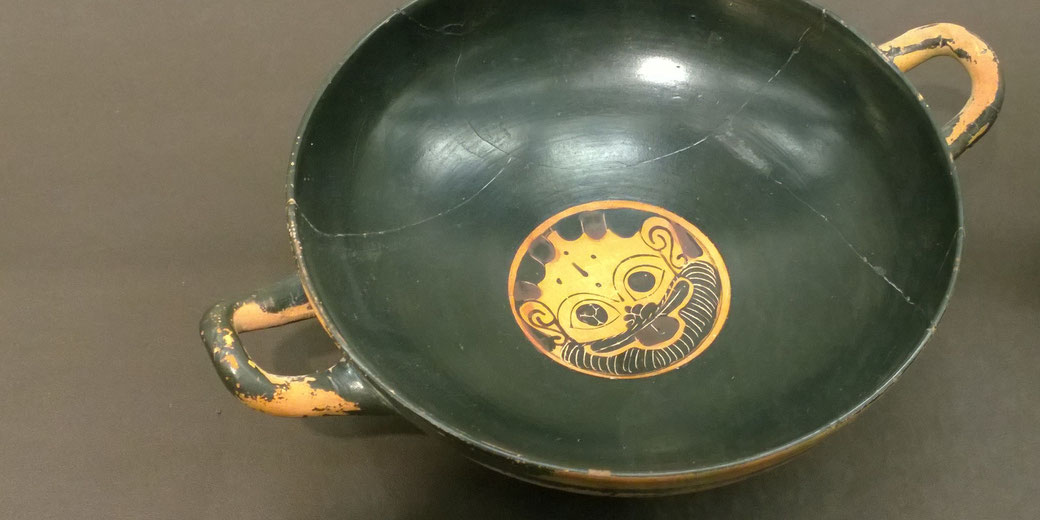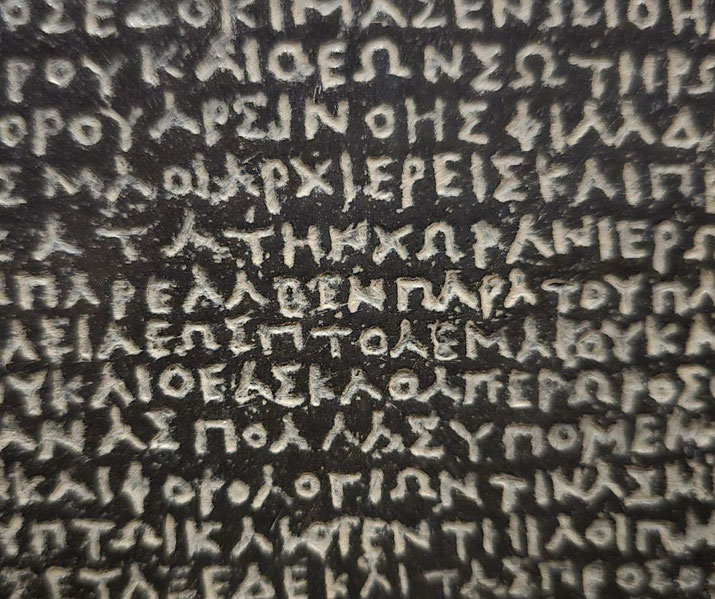What was the Ancient Greek 'Dark Age'?

The Greek Dark Age is a period in Greek history that lasted from about 1200 BC to 750 BC. During this time, the various Greek city-states underwent major cultural, political and military shifts.
The period is known as the Greek 'Dark Age' because very little written evidence survives from this time. This means that our understanding of this period is largely based on archaeology and oral tradition.
However, despite this name, there were a number of important changes that took place that would have profound consequences for the rest of Greek history.
What caused the Greek Dark Age?
The Greek Dark Age is traditionally considered to have begun with the fall of the Mycenaean civilisation.
This was a Bronze Age civilisation that had its heartland in mainland Greece. It reached its height around 1400 BC, but by 1200 BC it had collapsed.
The precise reasons for this are still debated by historians, but it is likely that a combination of internal strife and external invasions led to its downfall.
One of the most common explanations for its fall that is made by historians was known as the 'Dorian Invasion'.
This was the belief that a group of people known as the Dorians invaded Greece from the north and destroyed the Mycenaean civilisation.
It was argued that the pressure from these invaders influenced the Myceneans to build high walls around their settlements.
However, this theory has now largely been discredited. It is more likely that the Mycenaeans were simply unable to cope with the pressures they were facing, both internal and external.
How Greece changed in the Dark Age
During the Greek Dark Age, the various city-states underwent major cultural shifts.
One of the most notable changes was the decline of the use of Linear B, the written script used by the Mycenaeans.
This script was eventually replaced by an alphabet, which is thought to have been developed in Phoenicia and brought to Greece by traders.
This new alphabet made writing much easier, and it soon became widely used throughout Greece.

Also, there is evidence that burial practices changed during this time. In the Mycenaean period, people were buried in large communal tombs known as tholos tombs.
However, during the Greek Dark Age, individual burials became more common.
Cremations also became more popular, and a number of new burial rites around this practice appeared.
Historians interpret this change as a sign of a decline in social cohesion during this period.
However, the Greek Dark Age also saw the emergence of Geometric art, which is characterized by its intricate patterns and shapes.
It had predominantly replaced traditional designs on pottery by around 900 BC.
Dramatic settlement and population decline
The most obvious sign that something had gone wrong in Greece is the evidence for a widespread decline in population during the Greek Dark Age.
This is most clearly seen in the archaeological record, which shows that many sites were abandoned during this period.
Some of the most famous cities that were left in ruins during this time were Mycenae, Tiryns, and Pylos.
The reasons for this dramatic disappearance of entire popluations are still debated; but it is likely that a combination of factors was responsible.
These may be the same as the reasons the Mycenaeans collapsed: climatic changes, over-exploitation of resources, and conflict.
Whatever the cause, this decline had a significant impact on Greek society. It also resulted in a decrease in trade and contact with other cultures, which further exacerbated the problems that Greece was facing.
The site of Lefkandi, on the island of Euboea, provides some of the most important archaeological evidence for what happened during the Greek Dark Age.
It was one of the few sites that seems to have been unaffected by the changes and it even had a large apsidal building created at the time.
This suggests that a significant social organization still operated there. In addition, they had burial which included rich grave goods.
Part of the answer of where the people on mainland Greece had gone may be in the rise of migrations during the Dark Age.
Archaeological evidence shows that there were significant movements of Greeks to Asia Minor, across the Aegean Sea.
There, they established new Greek cities like Miletus and Ephesus, which became important centers of culture and trade.
Towards the end of the Dark Age period, the migrations increased, and Greek colonies were established all across the Mediterranean and Black Sea regions.
How political power changed
The Greek Dark Age was also a time of some major political changes. In particular, there was a shift from large-scale centralised states to smaller-scale decentralised ones.
This process is known as 'state collapse'. It occurred for a number of reasons, including the population decline mentioned above.
With fewer people around, it became harder to maintain large-scale states.
As a result, the term basileus began to be used to describe local chieftains or kings, a title that would evolve in significance during the subsequent Archaic period.
The most important change was the rise of the city-state, or polis. Prior to the Dark Age, Greece had been divided into small kingdoms, each ruled by its own king.
In comparison, a polis was a form of government in which each city-state was independent and had its own laws, customs and coinage.
So, the Greek Dark Age saw the rise of many famous city-states, such as Athens, Thebes, and Corinth.
However, these city-states were often in conflict with one another, both militarily and politically. This led to a period of great instability in Greece.
One of the other significant developments was the rise of tyranny. This was a form of government in which one person (the tyrant) held absolute power over the state.
Tyranny first emerged in the Greek colonies in Asia Minor after 700 BC, and soon spread to other parts of Greece.
The long-term impacts of the Dark Age
The Greek Dark Age had a number of long-term impacts upon Classical Greek civilisation.
One of the most important was the development of democracy in Athens, which was developed as a way to rid their city of tyrants.
This system of government would go on to have a profound impact upon Westen civilisation.
Also, the Olympic Games also began during the Greek Dark Age. These were a way of celebrating the gods, and they soon became a hugely important part of Greek culture.
The first recorded Olympic Games is traditionally dated to 776 BC, and they would continue to be held every four years for centuries to come.
Also, this was a time when many new philosophical ideas were developed. These ideas would go on to have a major impact upon Western thought, and they are still studied and debated by philosophers today.
Religious beliefs also developed during this time. In particular, the Delphic Oracle became an important part of Greek religion.
Ultimately, the Greek Dark Age coincided with the broader transition from the Bronze Age to the Iron Age.
By the end of the period, the widespread use of iron tools and weapons had become increasingly common.
Was it really a 'dark age'?
The term that we have been using, the 'Greek Dark Age', is actually quite a controversial one.
Some historians argue that this period was not really 'dark' at all. They point to the many achievements of the Greeks during this time, such as the development of democracy and philosophy.
Also, during the latter part of the Greek Dark Age, around the 8th century BC, the epic poet Homer composed the monumental works of the Iliad and the Odyssey.
There sheer size and detail indicate that writing and literature was still occurring during these centuries.
Homer's works would become foundational texts of Greek literature. Historians argue that this is definitely not a period of 'darkness' if such achievements were possible.
Other scholars, however, believe that the term is still accurate. They argue that the Greek Dark Age was clearly a time of great instability, decline and hardship.
However, the name 'Dark Age' remains a useful way of describing this period of time because it highlights how little we know from written sources, and how much modern scholars are 'in the dark' about many details of these centuries.
This designation also helps to emphasise the contrast between the Greek Dark Age and the following Classical period.
Ultimately, it laid the foundations for the Classical period, which would go on to be one of the most influential periods in Western civilisation.
Further reading
What do you need help with?
Download ready-to-use digital learning resources
Copyright © History Skills 2014-2025.
Contact via email
With the exception of links to external sites, some historical sources and extracts from specific publications, all content on this website is copyrighted by History Skills. This content may not be copied, republished or redistributed without written permission from the website creator. Please use the Contact page to obtain relevant permission.





